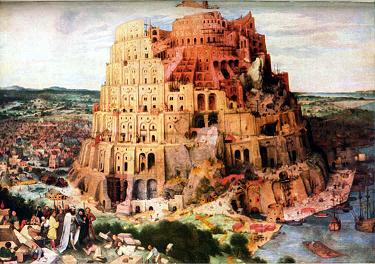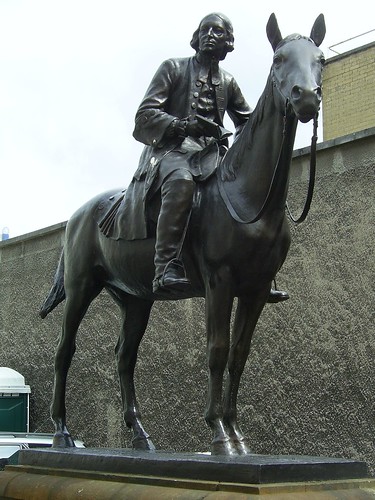The Scriptures of the Bible were written by the experimental hand of shepherds, husbandmen, fishermen and such inferior men of the world. And the university learned ones have got these men's writings, and flourishes their plain language over with their dark interpretation and glosses, as if it were too hard for ordinary men now to understand them: and thereby they deceive the simple and makes a prey of the poor, and cozens them of the earth, and of the tenth of their labours. (Spring 1650) (from A Radical Reader: The Struggle for change in England 1381 - 1914 , edited by Christopher Hampton (1984), page 237)
About two decades ago we regularly sang as members of the Liberation Congregation in Sheffield, the song that begins (from memory) "In 1649, to St George's Hill a ragged band they called the Diggers, came to do the peoples' will, they forswore their property, they forswore the law, they were the dispossessed reclaiming what was theirs." In December, I saw the recently issued DVD of Kevin Brownlow's film Winstanley . The film is of its time (1975) but certainly captures the relentless persecution of the Diggers by the landowners and military.
These days St George's Hill is a well to do estate whose inhabitants apparently do not wish to be reminded of its place in the history of English radicalism. Perhaps it is worth asking how the memory lingers on even when many would prefer to forget. There is something about these half remembered acted parables that invites us to make a similar commitment in our own time and place.






Recent Comments